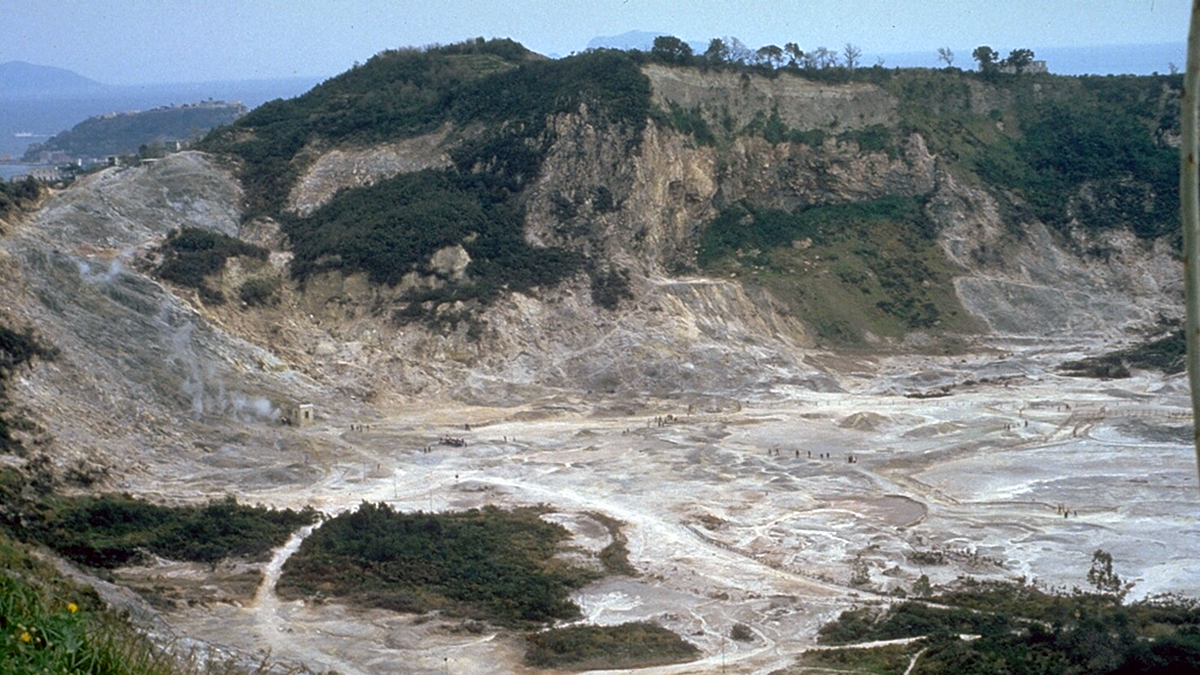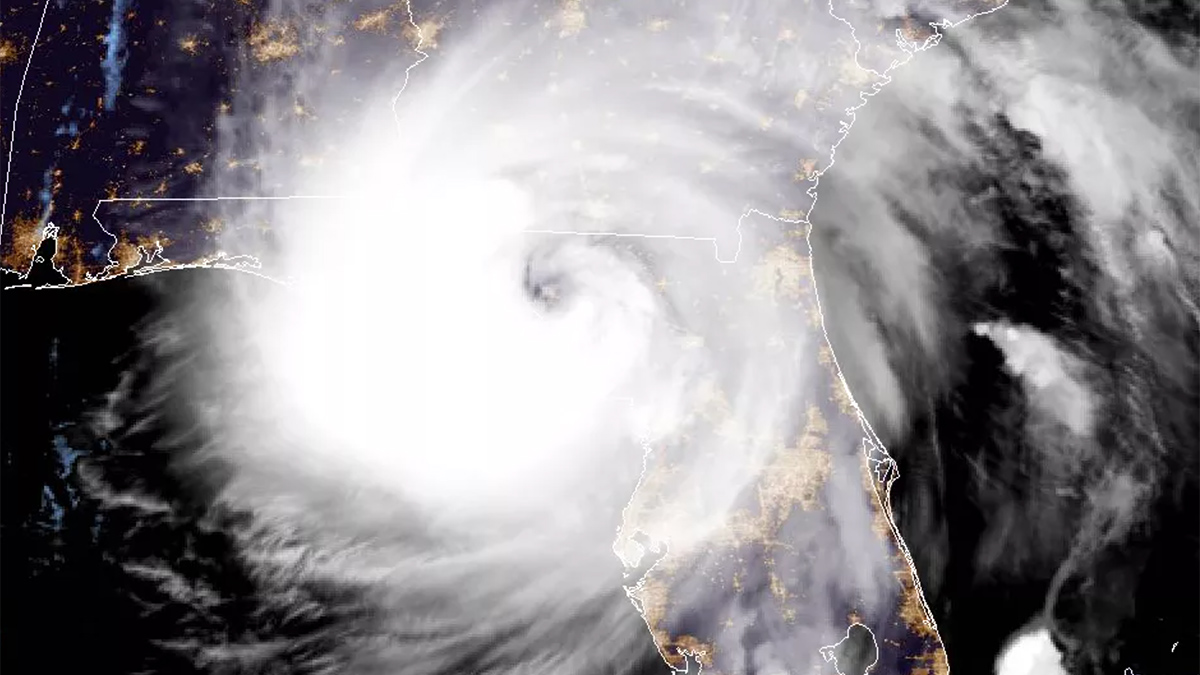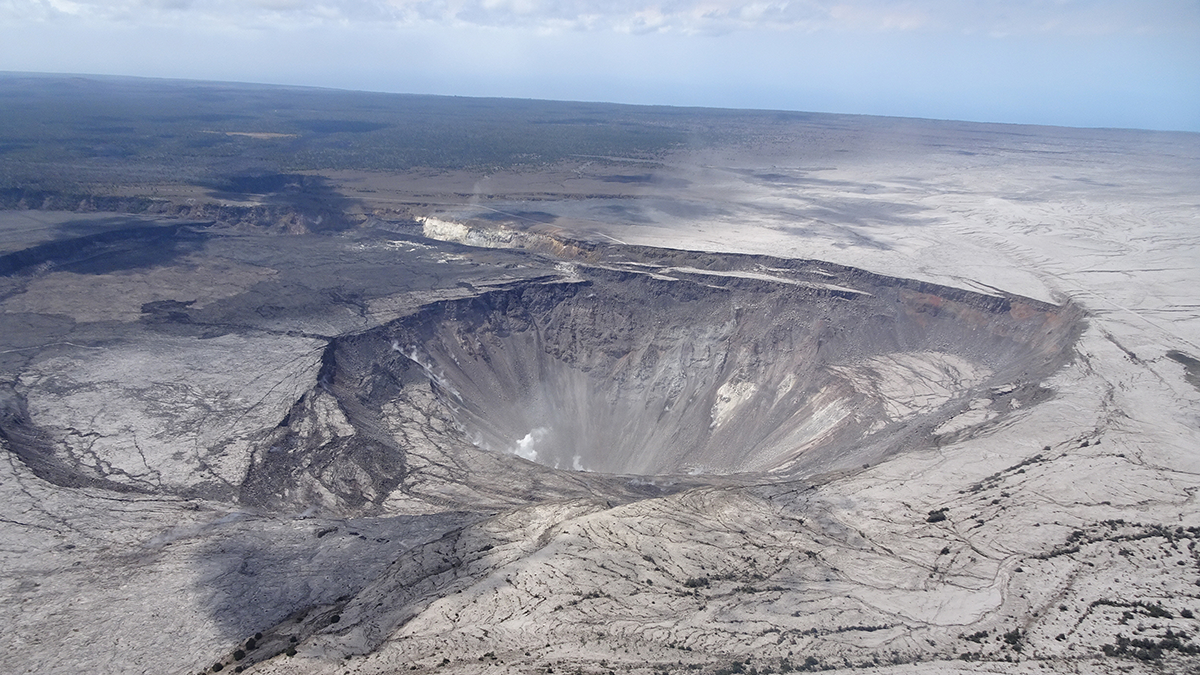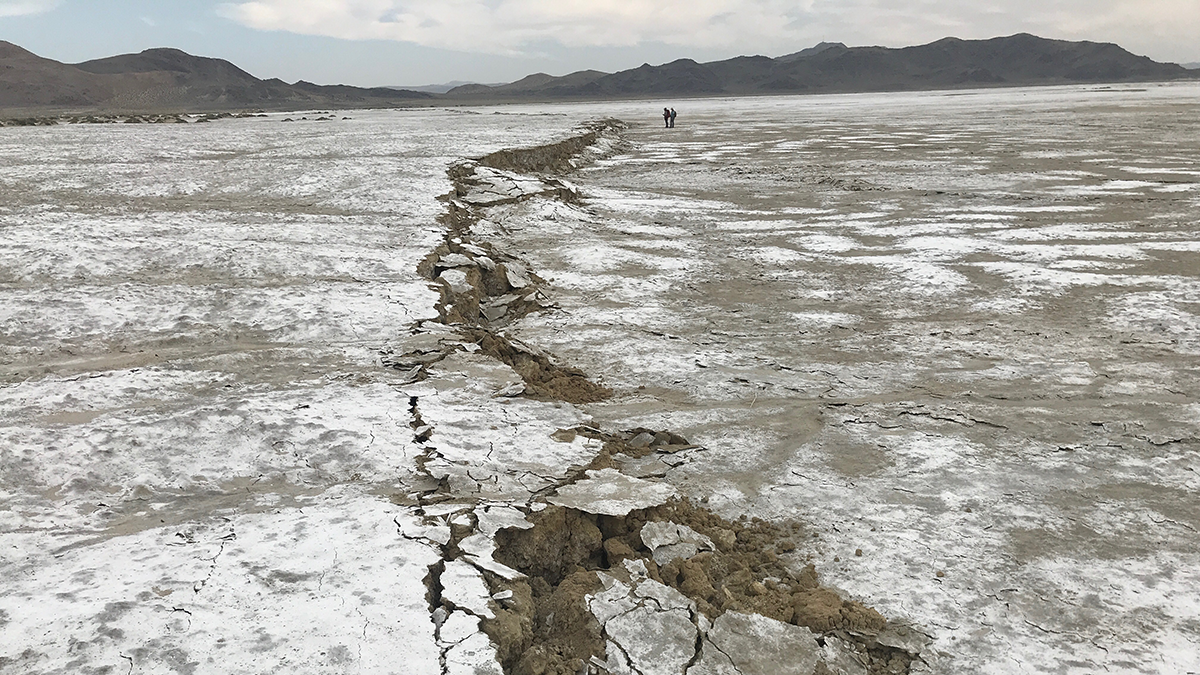A multidisciplinary synthesis of the Campi Flegrei, Italy volcanic setting highlights the importance of sub-caldera layering for magma dynamics.
forecasting
Fast Adept Sea Ice Forecasts
Artificial intelligence facilitates an efficient, skillful surrogate of a coupled Arctic sea ice prediction model using generative diffusion.
The Arctic’s Uncertain Future
Over the next century, the Arctic will change and look much different than it does today. Just how different is still unknown.
Las olas de calor marinas incrementan la probabilidad de intensificación de las tormentas tropicales
La probabilidad de que los huracanes experimenten una intensificación rápida aumenta en un 50% durante las olas de calor marinas que se desarrollan en el Golfo de México y en la región noroeste del Mar Caribe.
Machine Learning Could Improve Extreme Weather Warnings
A deep learning technique could reduce the error in 10-day weather forecasts by more than 90%, allowing communities to better prepare for extreme events such as heat waves.
Marine Heat Waves Make Tropical Storm Intensification More Likely
Rapid intensification of hurricanes is 50% more likely to occur during marine heat waves in the Gulf of Mexico and northwestern Caribbean Sea.
Forecasting Caldera Collapse Using Deep Learning
A deep learning model trained with geophysical data recorded during the well-documented 2018 Kilauea volcano eruption, Hawaii, predicts recurrent caldera collapse events.
Cultivating Trust in AI for Disaster Management
Artificial intelligence applied in disaster management must be reliable, accurate, and, above all, transparent. But what does transparency in AI mean, why do we need it, and how is it achieved?
Operational Earthquake Forecasting – What Is It and How Is It Done?
While earthquakes cannot be deterministically predicted, operational earthquake forecasting systems can provide valuable insights into the likelihood of future quakes.
Physics Meets Machine Learning for Better Cyclone Predictions
A new hybrid modeling approach combines physics-based and machine learning models to extend—and improve—path and intensity predictions of tropical cyclones.










